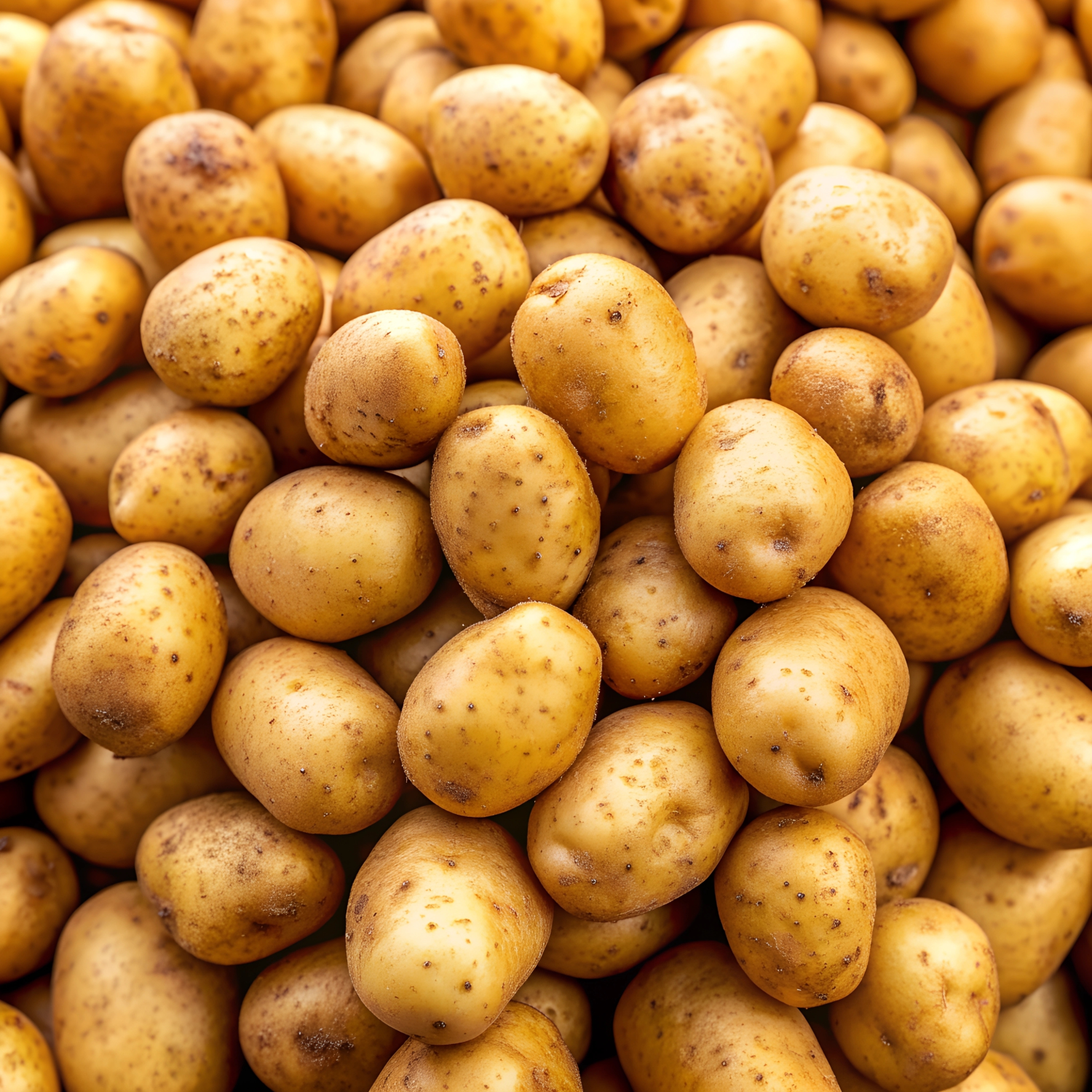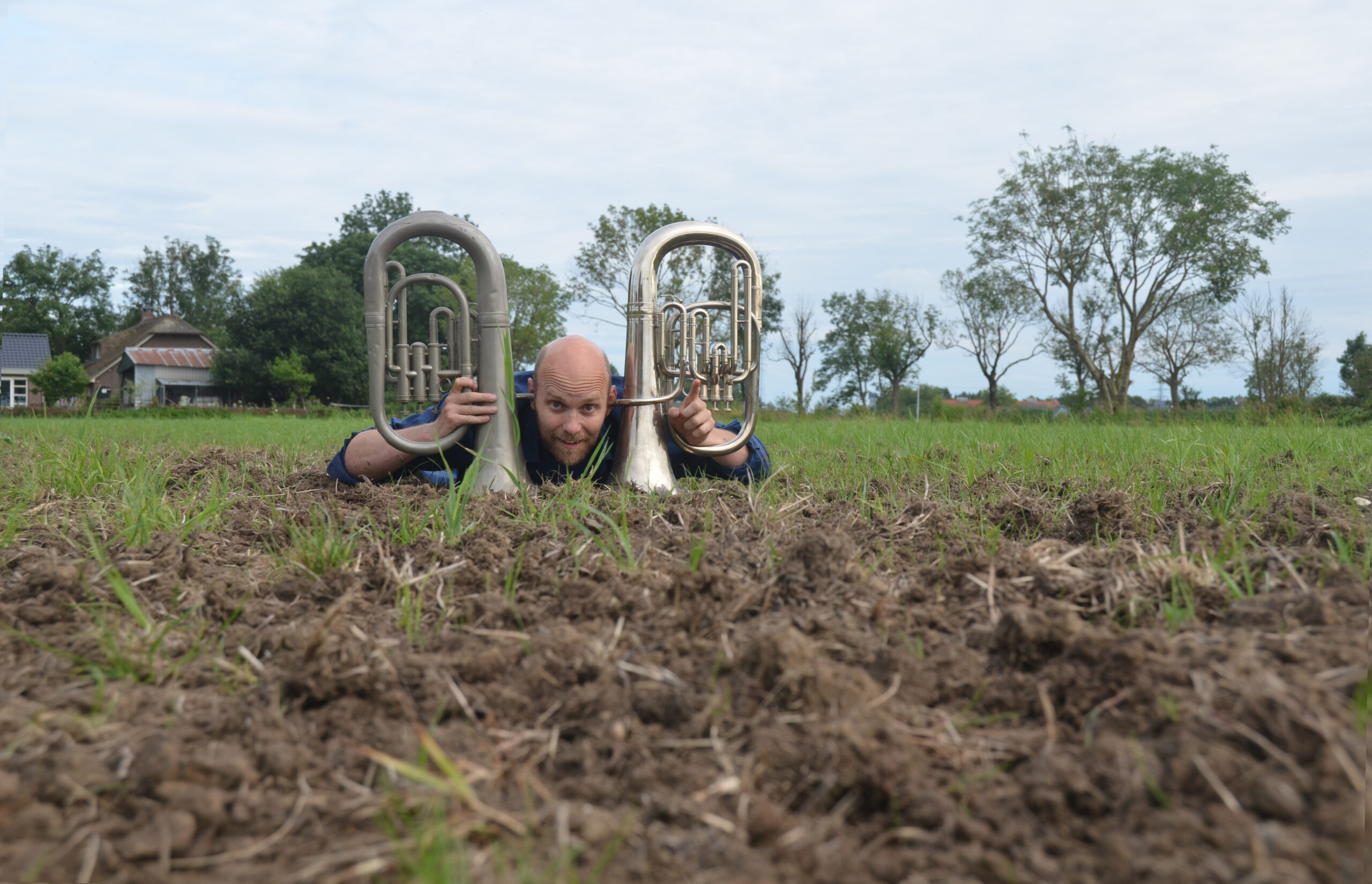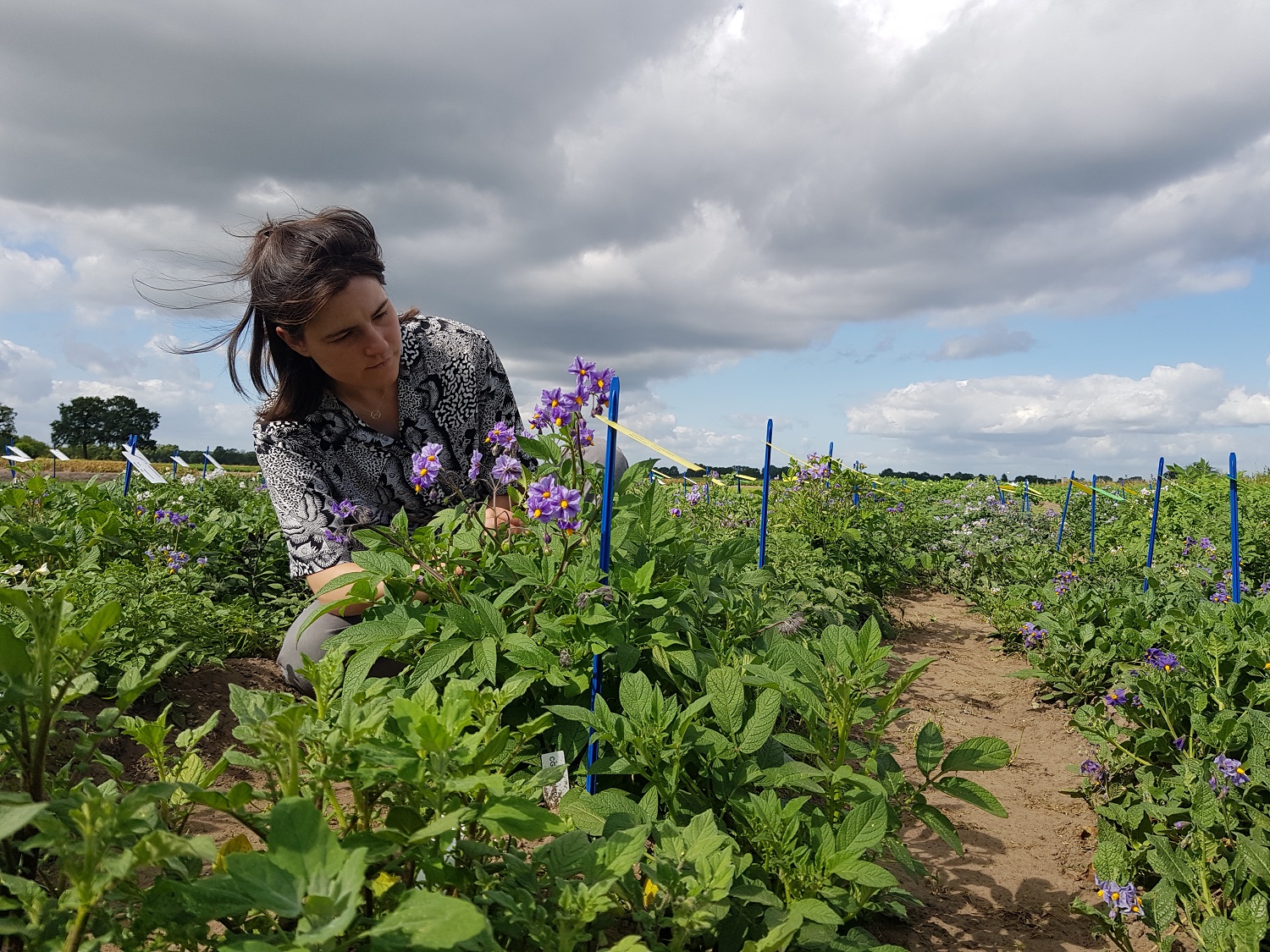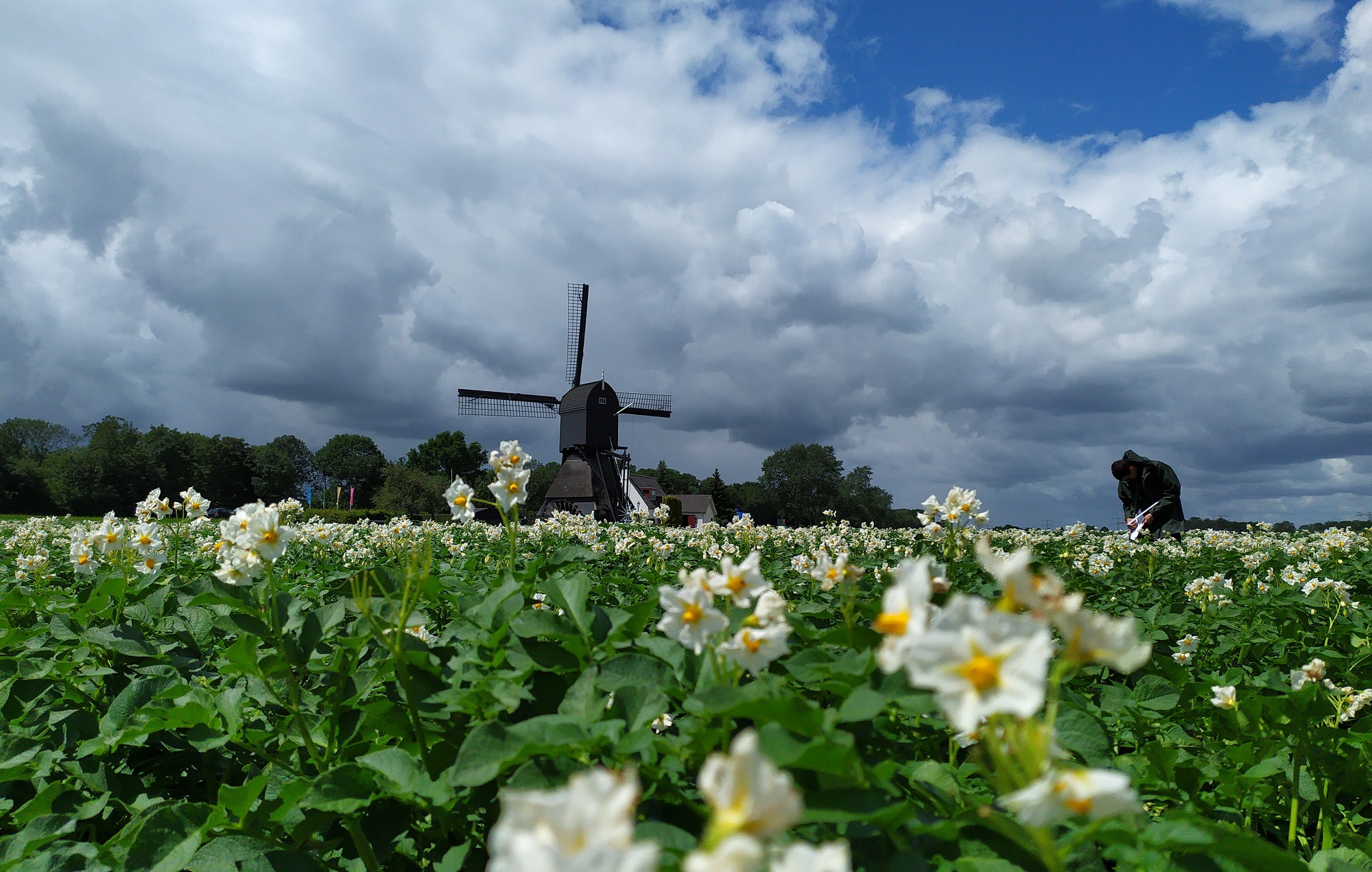Nematodes that harm plants are difficult to combat. Now nematologist Mark Sterken has been given a Vidi grant to try a different approach. His approach is to keep them at bay rather than attempt to wipe them out. He is one of five WUR researchers who got Dutch Research Council Vidi grants for innovative research.
At the heart of his study are the nematodes Globodera rostochiensis and Globodera pallida, which cause potato sickness. Both nematodes are found in large numbers in affected soils, where they fight one another constantly. Continuing to make potatoes yet more resistant is not the answer, says Sterken. ‘If you make them resistant to the one, the other turns up, and vice versa.’
‘Anyway, the nematodes always find it easy to break down that resistance,’ continues Sterken. ‘And the number of known resistance genes is limited. So you need to make smart use of the resistance you do have.’ To do that, Sterken calls on the help of the nematodes themselves. ‘I will try to set the nematodes off against one another.’ He will investigate that by creating genetically diverse populations of the different species of nematodes that cause potato sickness.
Competition
Sterken then looks at how the populations compete with one another to get the potato. ‘I let them compete and examine the outcome to figure out why one population manages to get ahead of the other. In the end, this should lead to new control options. You can learn how to play with the resistance to keep the nematodes at bay, or use those same nematodes to fend off other species.’ In addition to Sterken, microbiologist Nico Claassens, soil geographer Annegret Larsen, historian Pim de Zwart and communications scientist Sanne Kruikemeier also received Vidi grants. A Vidi is worth 850,000 euros. In total, 102 researchers at Dutch universities got Vidis.

 Photo Shutterstock
Photo Shutterstock 

